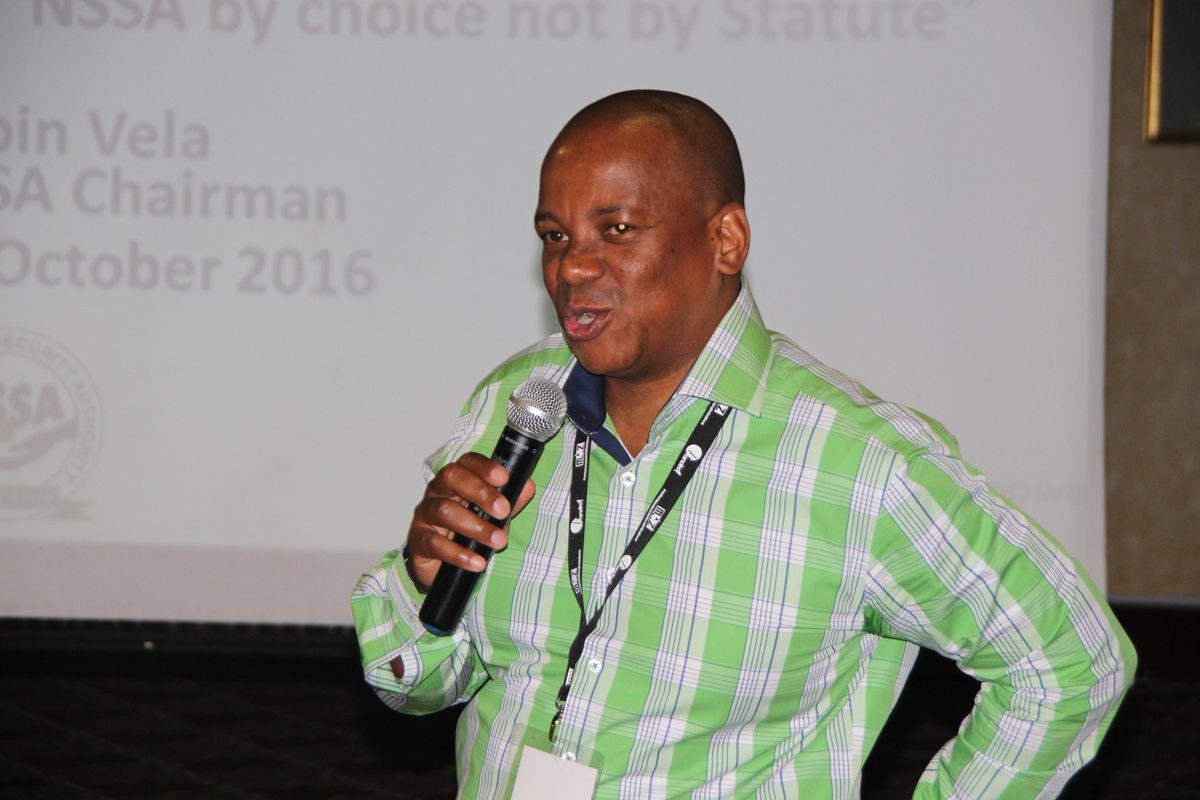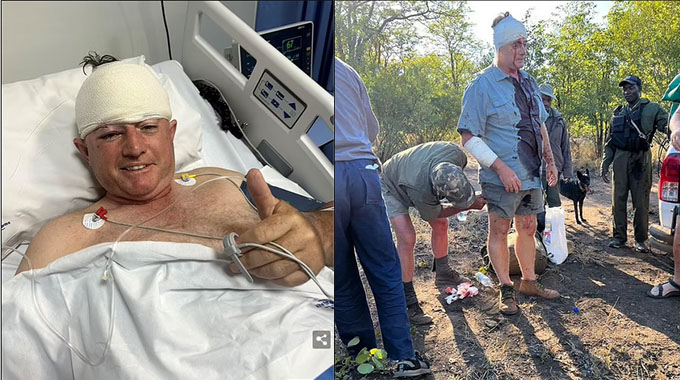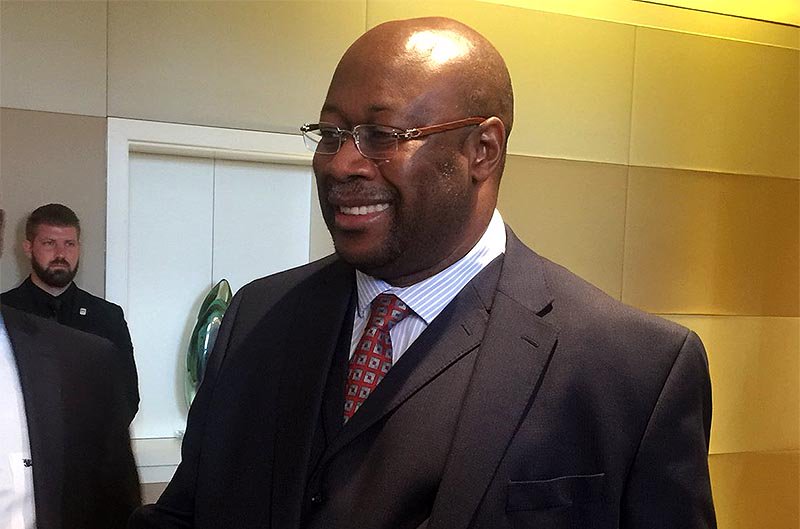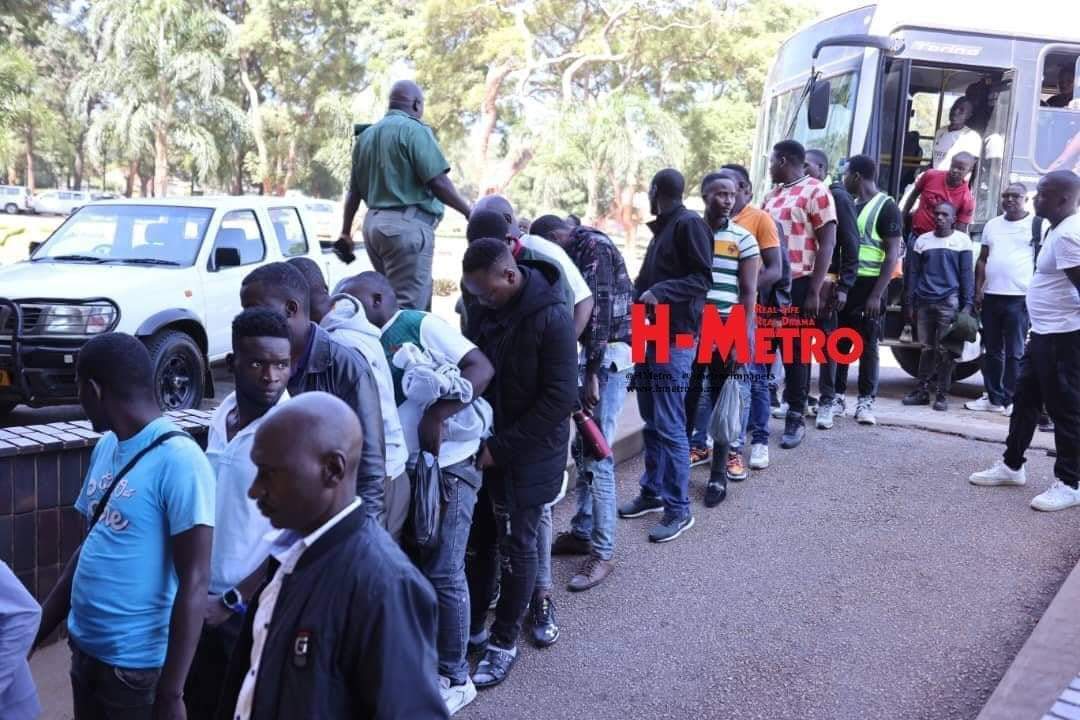HARARE – An audit report which implicated former National Social Security Authority (NSSA) board chairman Robin Vela in multi-million-dollar corruption at the pensions body was “biased”, “incompetent” and riddled with “inaccuracies”, the High Court ruled on Wednesday.
Auditors BDO Zimbabwe Chartered Accountants “failed to apply their mind to issue before them,” Justice Webster Chinamora ruled as he nullified the audit findings as they relate to Vela.
Vela successfully argued that he was not yet board chairman when NSSA allegedly bought properties from MetBank at inflated prices, and also proved that the auditors were biased because they failed to make adverse findings against former public service ministers Patrick Zhuwao and Petronella Kagonye, who are accused of issuing directives that were contrary to board resolutions.
Kagonye, Vela told the court, forced NSSA to sponsor a disability conference in her Goromonzi South constituency for US$200,000 and to make a further donation of US$200,000 to a school in the same constituency. The auditors “did not criticise the minister for the abuse of pensioners’ funds for vote buying for a private benefit,” Vela charged.
Kagonye, argued Vela, also ordered NSSA to appoint Lameck Danga as managing director of National Building Society after coming second in interviews.
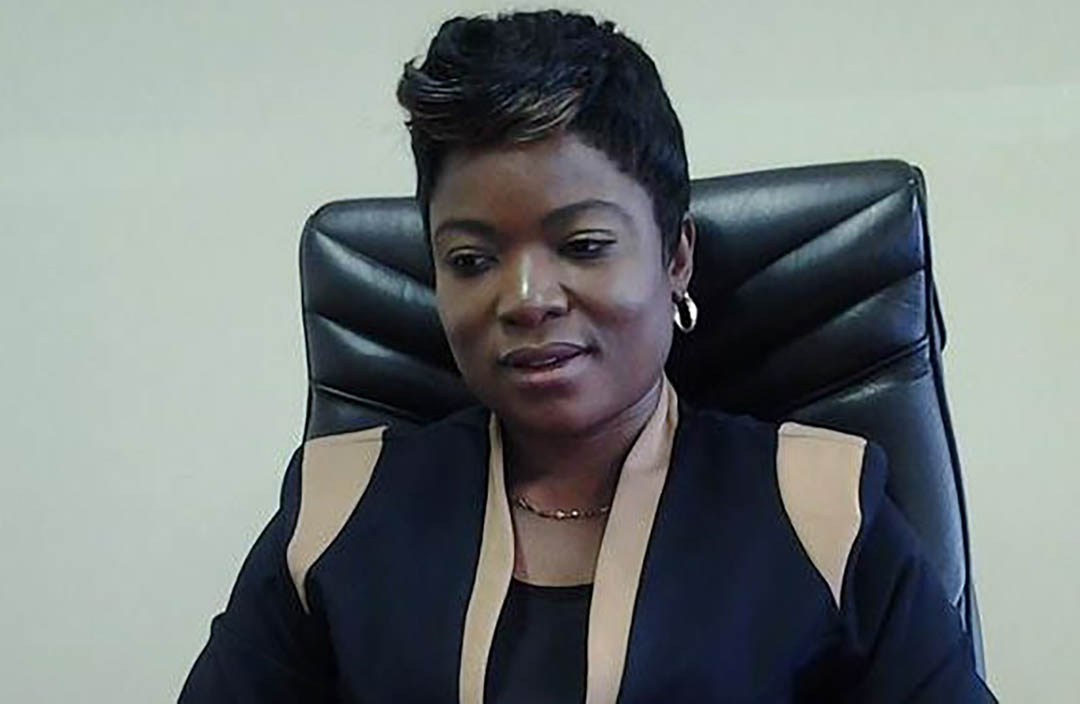
Zhuwao had ordered NSSA to pay US$400,000 to one Chikuni Mtiswa, against a board resolution, Vela said, and yet the auditors faulted him for nearly US$600,000 paid out to former employees who had been unfairly dismissed.
The auditors argued before the court that the accusations against Zhuwao and Kagonye were “clearly outside the scope of our mandate”, a response which the judge said was “disingenuous if not dishonest” because the terms of reference they were given by NSSA extended to human resources and “any other issue that may arise.”
Justice Chinamora said the lack of impartiality by an auditor “is material to the credibility and validity of the entire forensic investigation.”
The judge said evidence of an agreement between the Auditor General, who commissioned the auditors, and BDO that the latter would send representatives to testify for a fee in court if the audit report resulted in criminal proceedings and disciplinary action “caused concern.”
“Thus, a reasonable person in the position of the applicant would be forgiven for thinking that the auditors were compromised as they were essentially touting for business relating to future proceedings to either prosecute him or dismiss him from his job,” Justice Chinamora said.
Vela also argued before the judge that a conclusion that NSSA had suffered a potential loss of US$104 million in a housing scheme being implemented with Housing Corporation of Zimbabwe wrongly assumed that completed houses would have no takers.
The court also found that the auditors rejected or failed to take notice of Vela’s responses to their questionnaire.
“The court is minded to make a few inferences,” Justice Chinamora said. “Either the auditors were biased against the applicant, or they did not apply their mind to the facts before them when conducting their forensic audit. On the extreme end, the court is compelled to conclude that it was a case of incompetence.”
The judge said Vela’s right to administrative conduct that is lawful, reasonable, impartial and both procedurally and substantively fair had been breached, before ordering: “It is ordered that the forensic audit of NSSA for the period January 1, 2015, to February 28, 2018, produced on behalf of the Auditor General of Zimbabwe by BDO Chartered Accountants be reviewed and set aside in all those reports that pertain whether directly or indirectly to the applicant.”
The NSSA forensic audit released in July 2019 led to the arrest of former social welfare minister Prisca Mumfumira, who is currently on trial for alleged corruption.
Advocate Thabani Mpofu appeared for Vela, while Jingini Raphael Tsivama represented BDO and Fortune Chimbara of the Attorney General’s office represented first the first respondent, the Auditor General.
